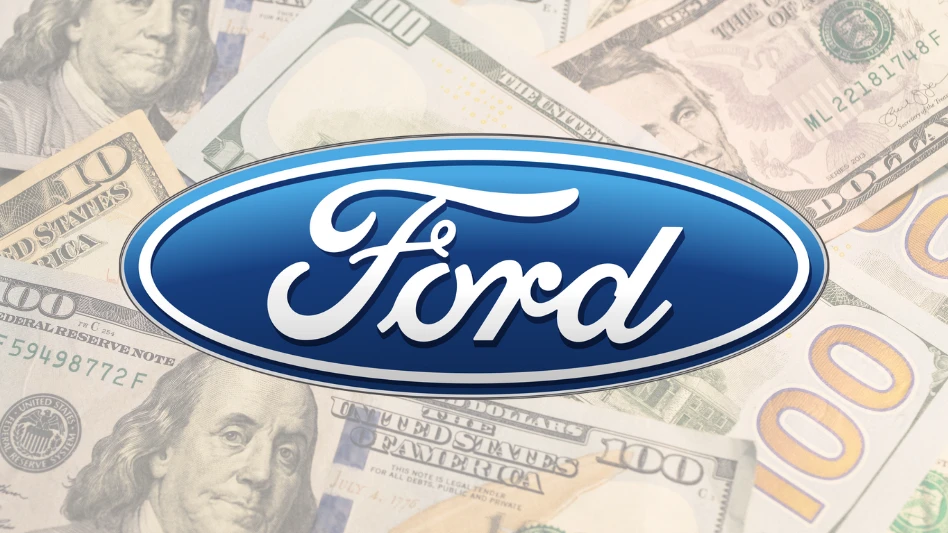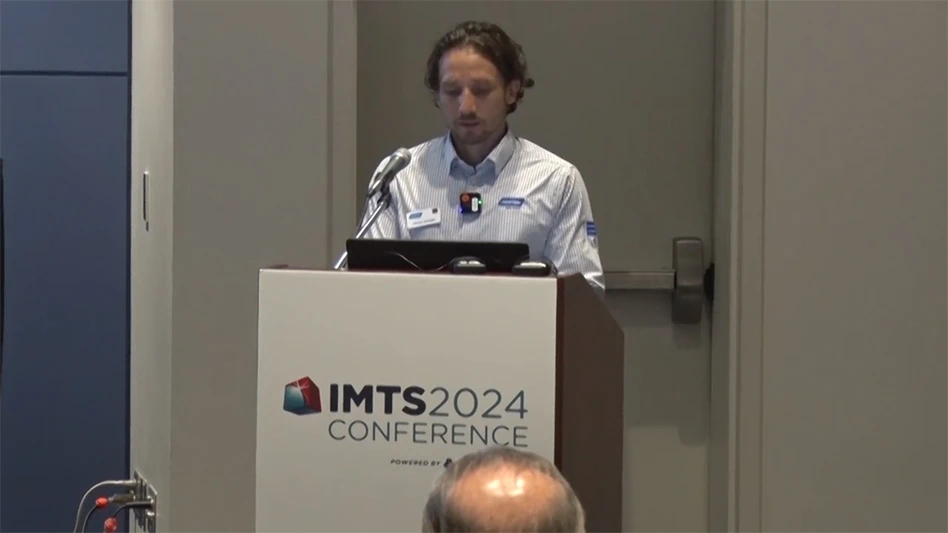
While battery-electric vehicles continue to roll onto today’s roads, Ford and other OEMs are encountering a slower-than-anticipated adoption rate. Several factors, such as the UAW strike and the current state of the economy, have contributed to this deceleration.
In its Q3 financial report, Ford revealed that their EV unit incurred losses of $3.1 billion through the third quarter, aligning with their projected annual operating loss of $4.5 billion for 2023. Furthermore, Ford's EV startup, Model e, reported losses totaling $1.3 billion in the same quarter, doubling from the previous year.
The dwindling consumer demand, in stark contrast to the industry-wide surge in EV sales experienced in 2021, has prompted Ford to delay its planned $12 billion investment in EV production. This delay includes a pause in the construction of its second BlueOval SK JV battery plant in Kentucky, which is a joint venture with SK On.
John Lawler, Ford's CFO, stated, "Given the dynamic EV environment, we are exercising prudence in our production decisions and adjusting our future capacity to align with market demand."
He added, "The ultimate success of our EV transition hinges on our Gen 2 and Gen 3 products, which will be cost-optimized and informed by the insights gained from our first-generation vehicles currently on the market."
Ford's restructuring initiatives are geared towards crafting a refined and carefully paced roadmap for the large-scale production of their electric vehicle offerings that better aligns with capacity and customer demand. This approach takes into consideration the influence of 2023's financial, economic, and industry dynamics.
Latest from EV Design & Manufacturing
- ArcelorMittal announces plans for electrical steel manufacturing facility in Alabama
- APEX web tool helps users to optimize machine performance
- Partnership to develop dry battery electrode coating expands
- GROB Systems to demonstrate power skiving technology at PMTS 2025
- Startup develops sustainable, nontoxic alternatives to battery manufacturing chemicals
- Learn what you need to comply with CMMC requirements
- Envisioning electric vehicle charging in motion
- There’s still time to register for this week’s manufacturing industry webinar!





